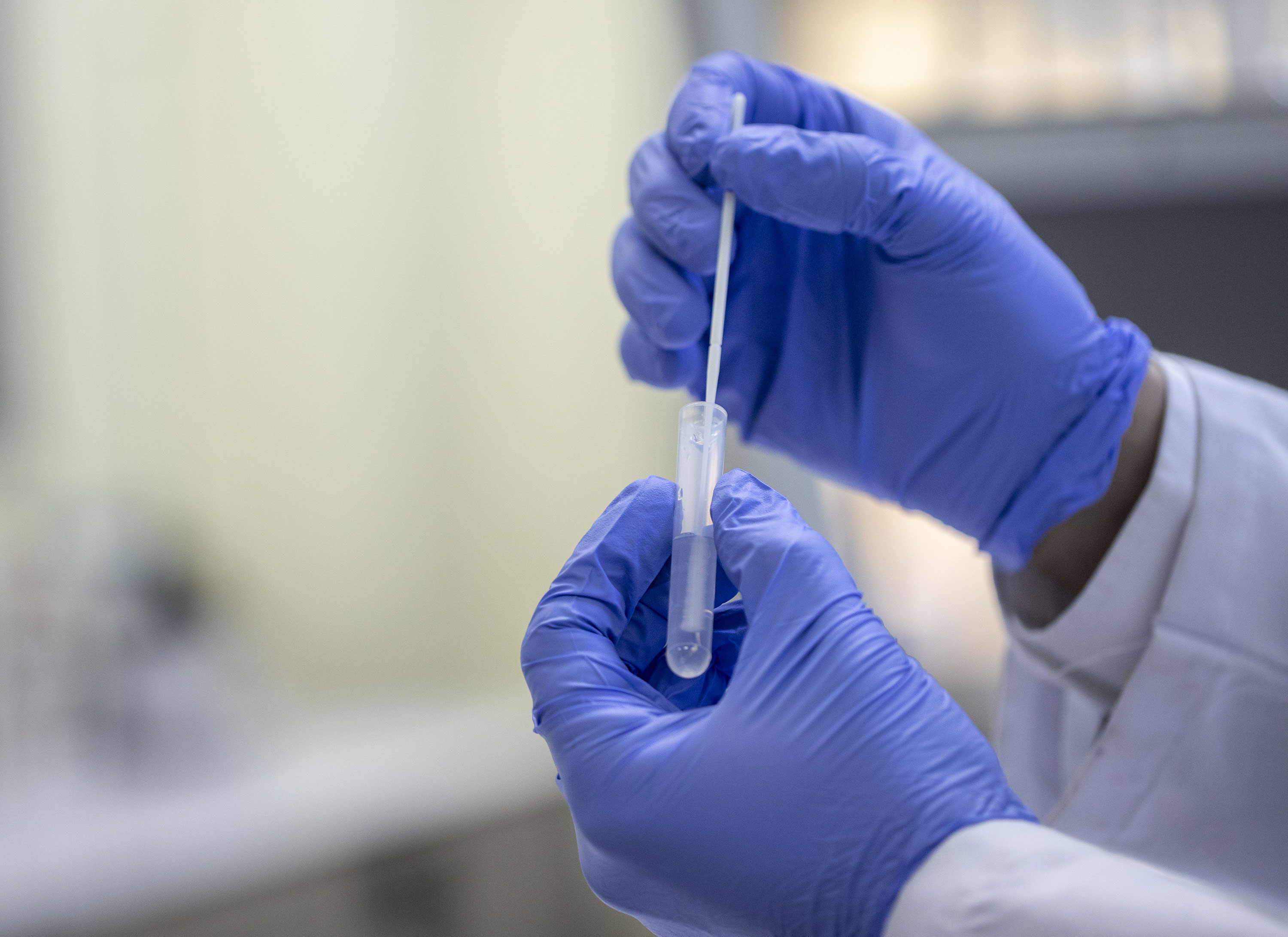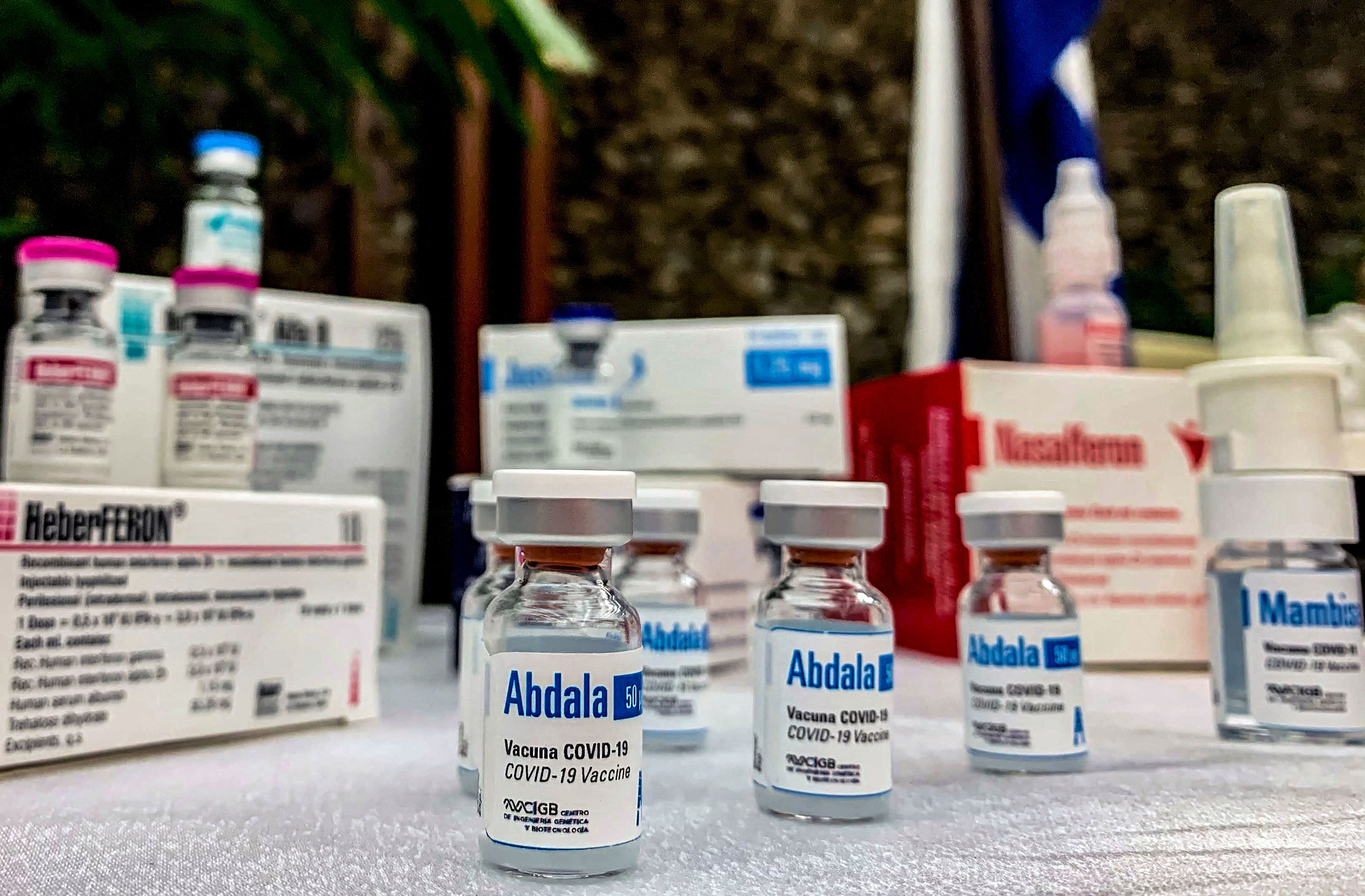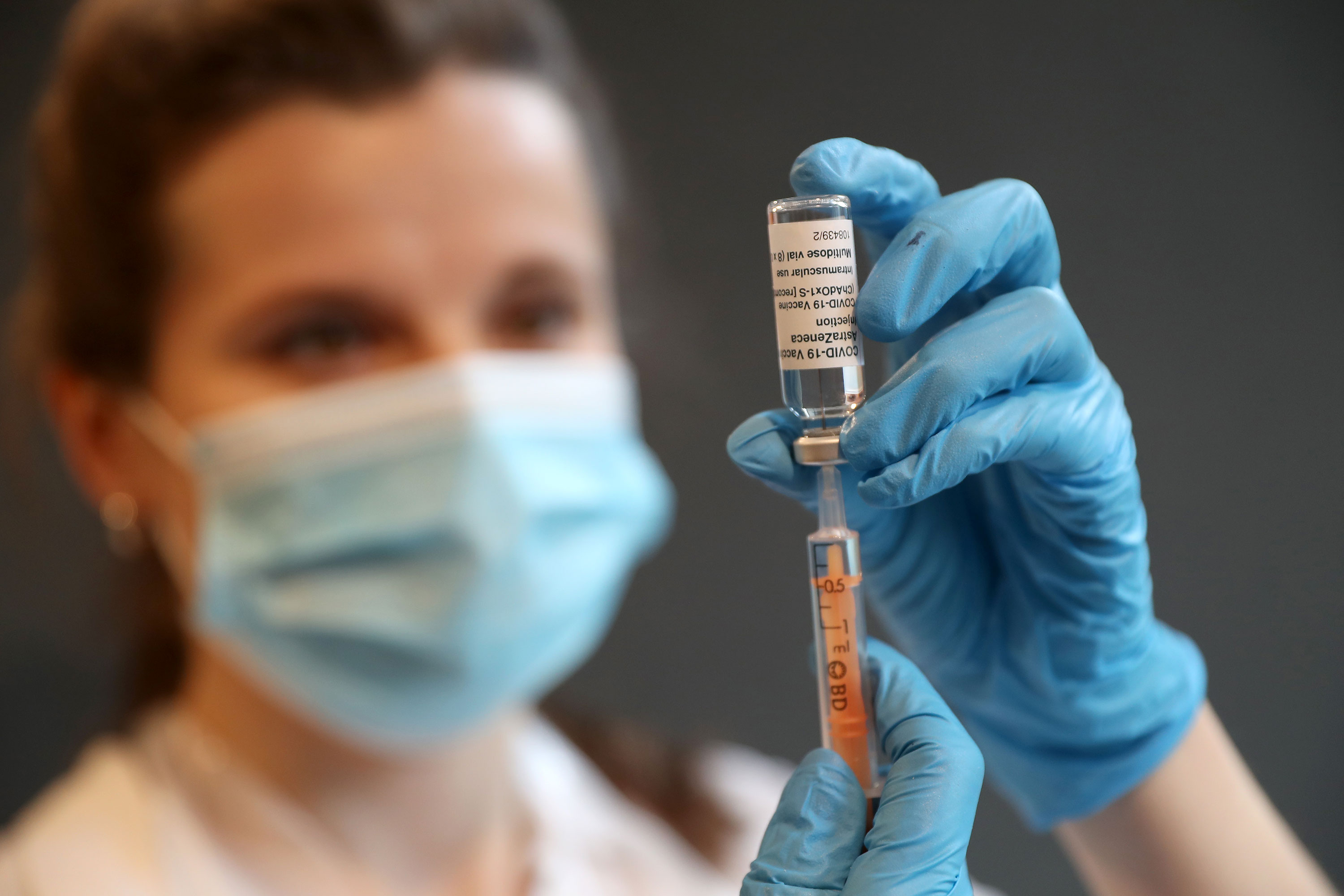The British government has drafted legislation that will forbid travel outside of the United Kingdom, with rule breakers facing a penalty of nearly $7,000.
The travel ban is part of a set of restrictions the UK government published on Monday, as it sets its roadmap for leaving the current lockdown.
The restrictions come into force March 29.
The law says:
"No person may, without a reasonable excuse—
(a) leave England to travel to a destination outside the United Kingdom, or
(b) travel to, or be present at, an embarkation point for the purpose of travelling from there to a destination outside the United Kingdom."
The document goes on to indicate those who attempt to travel “without a reasonable excuse” will be issued a fixed penalty notice worth $6,932.40.
These restrictions do not apply to travel within the common area, which includes the rest of the UK, the Channel Islands, the Isle of Man and the Republic of Ireland.
Exceptions to the ban apply when it is “reasonably necessary” for a person to work, study, provide charitable services, fulfill a legal obligation, sell or rent property and for some child care, medical or family reasons.






